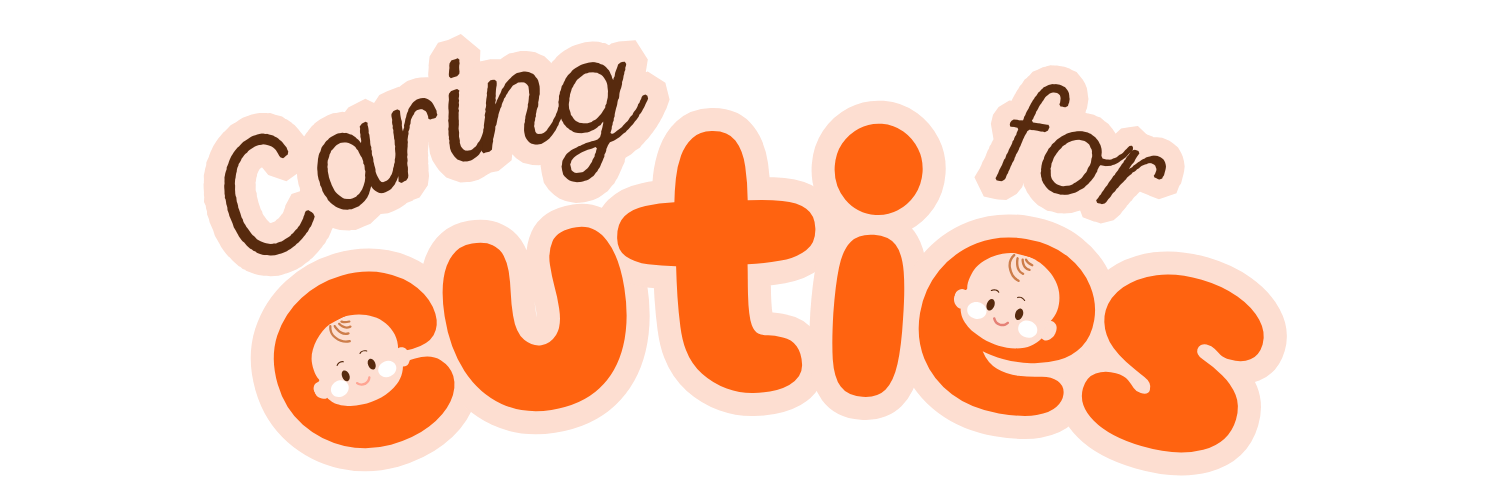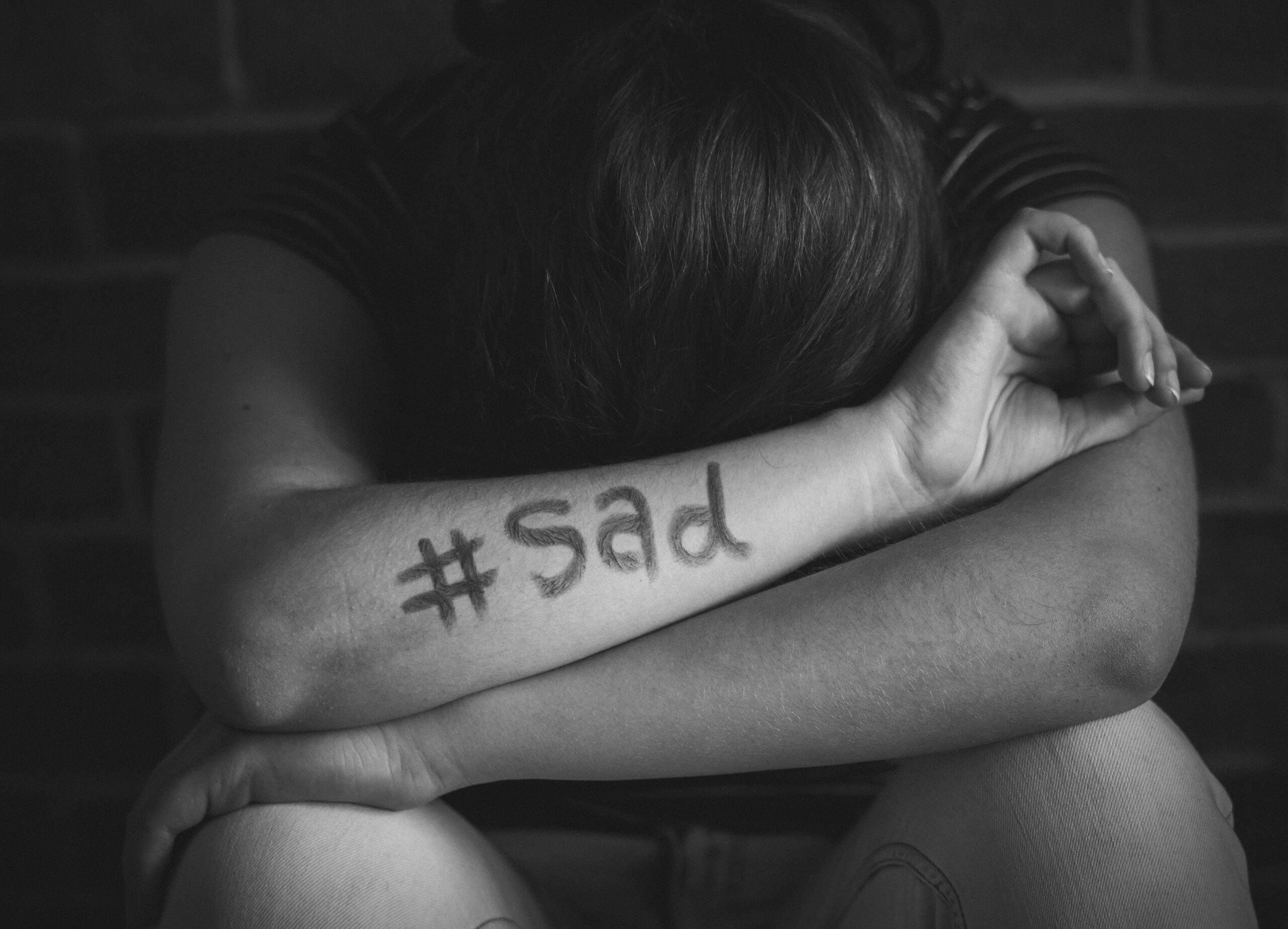Do you know the signs of postpartum depression? More importantly, do you know how to get help and treatment?
Becoming a new mother is both exciting and tough. The joy of having a baby is often overshadowed by the unexpected challenges of postpartum depression (PPD). This serious mental health issue affects about 1 in 7 women after childbirth. It’s often misunderstood or ignored.

Key Takeaways
- Postpartum depression is a serious mental health issue that can significantly impact a new mother’s well-being and her ability to bond with her baby.
- Recognizing the distinct signs and symptoms of postpartum depression, such as persistent sadness, anxiety, and difficulty functioning, is essential for seeking timely support and treatment.
- Effective treatment options, including therapy, medication, and support groups, can help mothers navigate the challenges of postpartum-depression and ensure a healthy recovery.
- Addressing postpartum depression is critical for the mother’s health and the child’s development and attachment.
- By understanding the prevalence, causes, and available resources for postpartum-depression, we can empower new mothers to prioritize their mental health and access the support they need during this transformative time.
Understanding Postpartum Depression vs Baby Blues
For new mothers, the emotional changes after childbirth can be tough. It’s important to know the difference between the “baby blues” and postpartum depression (PPD).
Key Differences Between Normal Mood Changes and PPD
The “baby blues” happen to up to 80% of new moms. They start a few days after giving birth and include sadness, anxiety, and irritability. On the other hand, postpartum depression is a serious condition that needs professional help.
Duration and Intensity of Symptoms
The baby blues usually go away in a week or two. But postpartum-depression can last for months and really gets in the way of a mom’s life. Women with PPD might feel hopeless, guilty, and not care about their baby or anything else.
When to Seek Professional Help
If a mom’s mood doesn’t get better after two weeks or stops her from taking care of herself or her baby, she needs help. A healthcare provider can do postpartum depression screening and offer support. Getting help early is key to feeling better.
| Baby Blues | Postpartum Depression |
|---|---|
| Temporary mood swings | Persistent, severe depression |
| Resolve within a week or two | Lasts for months |
| Mild emotional disturbances | Significantly impairs daily functioning |
It’s vital for new moms to know the difference between the baby blues and postpartum depression. Getting the right support and treatment early can greatly help a mom’s journey after childbirth.
Early Signs and Symptoms of Pregnancy Postpartum Depression
It’s key to spot the early signs of postpartum-depression to get help fast. The “baby blues” are common, but postpartum depression is more serious. It can really affect a new mom’s life and the family’s happiness.
Look out for these early postpartum depression symptoms:
- Persistent sadness, hopelessness, or feeling worthless
- Hard time bonding with the baby or not caring for the infant
- Too much worry, anxiety, or panic attacks
- Big changes in appetite, sleep, or energy
- Unexplained physical issues, like headaches or body aches
- Thoughts or fears about harming the baby that won’t go away
Postpartum anxiety is also a thing, showing as too much worry, being irritable, and feeling tense. Postpartum anxiety and depression can happen together, but they need different treatments.
If you or someone you know is showing these signs of postpartum-depression, get help right away. Early treatment and support can help new moms do well in their parenting journey.
Risk Factors and Common Triggers
Postpartum depression is a complex condition. It can be influenced by many risk factors and triggers. Knowing these causes is key to helping new mothers.
Biological Risk Factors
Hormonal changes during and after pregnancy are a big risk factor. These postpartum and hormonal changes can greatly affect a woman’s mood and emotional well-being.
Also, having a history of mental health issues can increase the risk. Women who have dealt with depression or anxiety before may be more likely to get postpartum depression.
Environmental and Social Triggers
Stressful life events, like money problems or relationship issues, can also play a part. The demands of caring for a newborn add to the stress. Without support from family and friends, it’s harder for new moms to handle these challenges.
| Biological Risk Factors | Environmental and Social Triggers |
|---|---|
| Hormonal changes | Stressful life events |
| Personal or family history of mental health conditions | Lack of social support |
Knowing the many causes of postpartum depression helps healthcare providers and loved ones support new mothers better.

Impact on Mother-Baby Bonding and Relationships
Postpartum depression can really affect the bond between a mother and her baby. It also changes how the family works together. This condition makes it hard for a mother to connect emotionally with her newborn. This can slow down the baby’s growth and development.
Effects on Infant Development
Babies whose moms have postpartum depression might grow slower in many areas. They might not talk as much or feel emotions as well. This is because they don’t get the care and attention they need from their mom.
Partner and Family Dynamics
Postpartum depression can also hurt family relationships. The partner might not know how to help, leading to fights. It makes it hard for the family to adjust to the new baby and can upset the family’s balance.
Social Connection Challenges
At this time, postpartum depression and relationships get even harder because of social issues. The mom might pull away from friends and family. This is because she feels tired, alone, and can’t keep up with social activities.
| Impact on Mother-Baby Bonding and Relationships | Potential Consequences |
|---|---|
| Disruption in mother-baby attachment | Delayed infant development, emotional and behavioral issues |
| Strained partner and family relationships | Increased conflict, lack of support, disrupted family dynamics |
| Difficulty maintaining social connections | Feelings of isolation, lack of community support |
It’s very important to tackle the postpartum depression and family dynamics issue. This is for the health of the mom, the baby, and the whole family. Getting help and having a strong support system can make a big difference.
Professional Treatment Options and Approaches
Managing postpartum depression requires professional help. There are many ways to treat it, from therapy to medication. These methods can help reduce symptoms and aid in recovery.
Psychotherapy is a key treatment. It offers support and teaches coping skills. Cognitive-behavioral therapy (CBT) and interpersonal therapy (IPT) are two effective types.
- Cognitive-behavioral therapy helps change negative thoughts to positive ones.
- Interpersonal therapy improves communication and tackles relationship issues.
Medication is also a helpful treatment. Antidepressants, like SSRIs or SNRIs, can balance mood and reduce symptoms.
Some people find the best results with a combined approach. This means using both therapy and medication together. It treats both emotional and physical aspects of depression.

“Seeking professional help is a sign of strength, not weakness. With the right support, women can overcome postpartum depression and reclaim their well-being.”
Finding the right treatment plan is important. It should match your needs and symptoms. With the right help, women can find joy and connection again.
Natural and Lifestyle Interventions
While professional treatment is key for managing postpartum depression, natural and lifestyle changes can also help. These holistic methods can add to traditional therapies. They help mothers find balance and well-being again.
Exercise and Postpartum Depression
Exercise is good for postpartum depression. Gentle yoga, walking, or swimming can boost mood and reduce stress. Even a few minutes of activity each day can help a lot.
Nutrition and Postpartum Depression
Eating a balanced diet is also important. Foods like salmon, walnuts, and flaxseeds can help with mood. Adding fruits, vegetables, and staying hydrated also boosts well-being.
Stress Management Techniques
High stress can make postpartum depression worse. Techniques like deep breathing, meditation, or mindfulness can help. They help mothers find calm in the chaos of new motherhood.
Prioritizing Sleep and Rest
Getting enough sleep is vital for new moms. A consistent sleep routine, naps, and help from loved ones improve sleep and mental health.
| Natural Remedy | Benefits for Postpartum Depression |
|---|---|
| Exercise | Releases endorphins, improves mood, reduces stress |
| Nutrition | Provides essential nutrients for mental well-being |
| Stress Management | Helps mothers manage emotions and find moments of calm |
| Sleep and Rest | Supports physical and mental recovery |
By using natural and lifestyle changes, new moms can support their recovery from postpartum depression. This helps them have a healthy start as parents.
“Taking care of yourself is the first step in caring for your baby. When you feel better, you can be the best version of yourself for your family.”
Building a Support System and Self-Care Strategies
The postpartum period can be tough, but a strong support system and self-care help a lot. Support groups, family, friends, and self-care are key for a mother’s well-being. They make a big difference during this time of change.
Creating a Support Network
Reaching out to loved ones and joining support groups are great steps. Connecting with other new moms offers emotional and practical help. Having a network of trusted people can reduce feelings of loneliness and stress.
Daily Self-Care Practices
Self-care is vital, like getting enough sleep, eating well, and exercising. Even small acts of self-care can greatly improve a mother’s health and mood.
Setting Realistic Expectations
New moms should be gentle with themselves and set achievable goals. Adjusting to new routines, accepting help, and knowing recovery is unique are important coping strategies.
| Postpartum Depression Support Groups | Postpartum Depression and Self-Care | Coping Strategies for Postpartum Depression |
|---|---|---|
| Local community groups | Adequate rest and nutrition | Accepting help from loved ones |
| Online support forums | Regular exercise and relaxation | Adjusting to changes in routine |
| Professional counseling services | Mindfulness and stress management | Seeking professional support |
Building a support network, focusing on self-care, and setting realistic goals help new moms. These steps are key to managing postpartum depression and smoothly entering motherhood.
Prevention Strategies and Early Intervention
Dealing with postpartum depression starts with early screening and knowing who’s at risk. Healthcare providers are key in watching over new moms’ mental health. They make sure help comes quickly when needed.
Mothers-to-be and new moms need to know the signs of postpartum depression. This knowledge helps them get help fast. Having a strong support network is also important for recovery. Activities like exercise and mindfulness can help manage stress and improve mood.
Acting early is essential to help with postpartum depression. This helps keep the bond between mom and baby strong. By focusing on mental health, we can help new moms and their families do better during this time.
FAQ
What is postpartum depression?
Postpartum depression (PPD) is a mental health issue that can hit new moms after they have a baby. It makes them feel sad, anxious, and tired all the time. This can make it hard for them to take care of themselves and their baby.
What are the symptoms of postpartum depression?
Signs of postpartum depression include feeling sad, hopeless, or empty all the time. You might also feel anxious, irritable, or have trouble bonding with your baby. Changes in appetite or sleep, and thoughts of harming yourself or your baby are also symptoms.
How is postpartum depression different from the “baby blues”?
The “baby blues” are mood swings, crying, and feeling overwhelmed that many new moms feel early on. But postpartum depression is more serious and lasts longer. It can really affect your daily life.
When should I seek professional help for postpartum depression?
If you’re feeling sad or anxious for more than two weeks, or if it’s making it hard to care for yourself or your baby, get help. Talk to your healthcare provider or a mental health expert right away.
What are the risk factors for postpartum depression?
Things that might make you more likely to get postpartum depression include having depression or anxiety before, hormonal changes, stressful times, not having enough support, and health issues. Knowing your risk factors can help you watch out for your mental health.
How is postpartum depression treated?
Treating postpartum depression often means a mix of therapy, medicine, and making lifestyle changes. Therapies like cognitive-behavioral therapy (CBT) and interpersonal therapy can help. Antidepressants might also be suggested by a doctor. Plus, taking care of yourself, like exercising and getting support, can help too.
How can I support a loved one with postpartum depression?
Supporting someone with postpartum depression means listening without judging, encouraging them to get help, and helping out with things like childcare or household chores. Regular check-ins to see how they’re doing are also key. Be patient, understanding, and remind them to take care of their mental health.
Can postpartum depression affect fathers or adoptive parents?
Yes, postpartum depression can affect dads and adoptive parents too. New dads might feel mood swings and emotional challenges, and adoptive parents can struggle with the transition to parenthood. It’s important for all new parents to seek support and professional help if they’re feeling down.





